 The James Bond Bedside Companion
The James Bond Bedside Companion The Black Stiletto's Autograph
The Black Stiletto's Autograph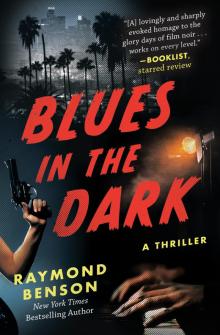 Blues in the Dark
Blues in the Dark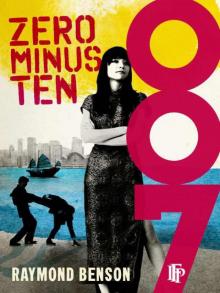 Zero Minus Ten
Zero Minus Ten The Black Stiletto
The Black Stiletto Doubleshot
Doubleshot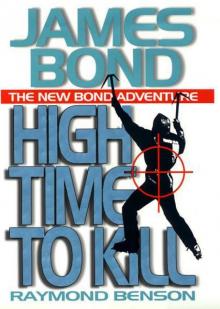 High Time To Kill rbb-3
High Time To Kill rbb-3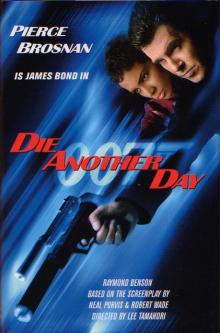 Bond Movies 07 - Die Another Day
Bond Movies 07 - Die Another Day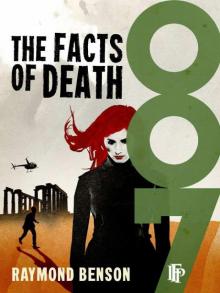 The Facts Of Death
The Facts Of Death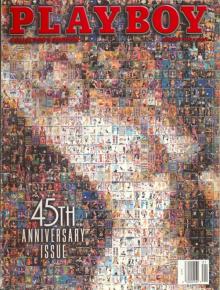 Midsummer Night's Doom
Midsummer Night's Doom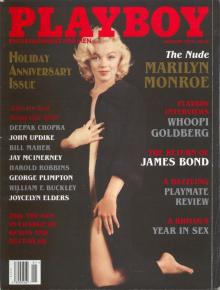 Blast from the Past
Blast from the Past The Secrets on Chicory Lane
The Secrets on Chicory Lane High Time To Kill
High Time To Kill The Black Stiletto: Black & White
The Black Stiletto: Black & White The World Is Not Enough jb-1
The World Is Not Enough jb-1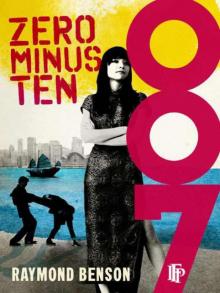 Zero Minus Ten rbb-1
Zero Minus Ten rbb-1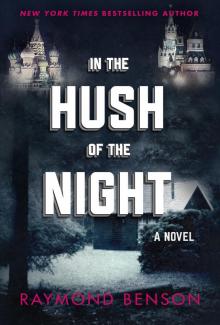 In the Hush of the Night
In the Hush of the Night The Black Stiletto: Stars & Stripes
The Black Stiletto: Stars & Stripes Bond Movies 06 - The World Is Not Enough
Bond Movies 06 - The World Is Not Enough The Rock 'n Roll Detective's Greatest Hits - A Spike Berenger Anthology
The Rock 'n Roll Detective's Greatest Hits - A Spike Berenger Anthology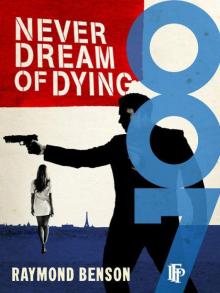 Never Dream Of Dying
Never Dream Of Dying